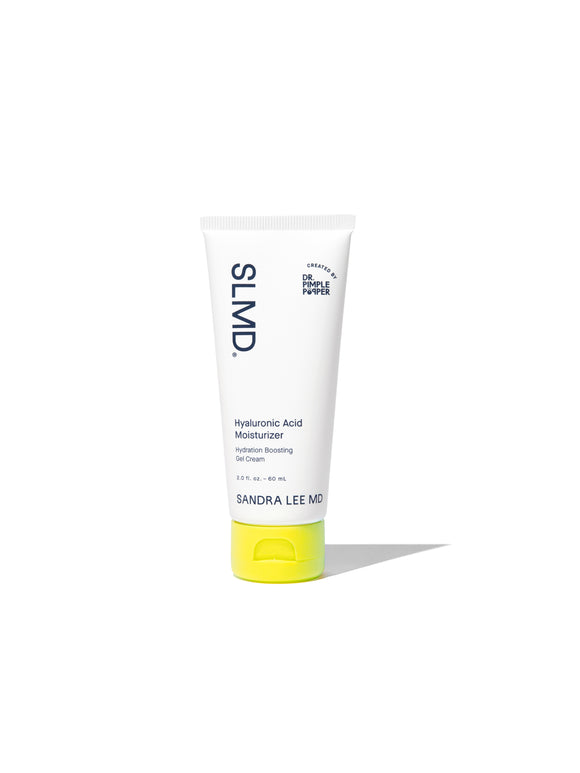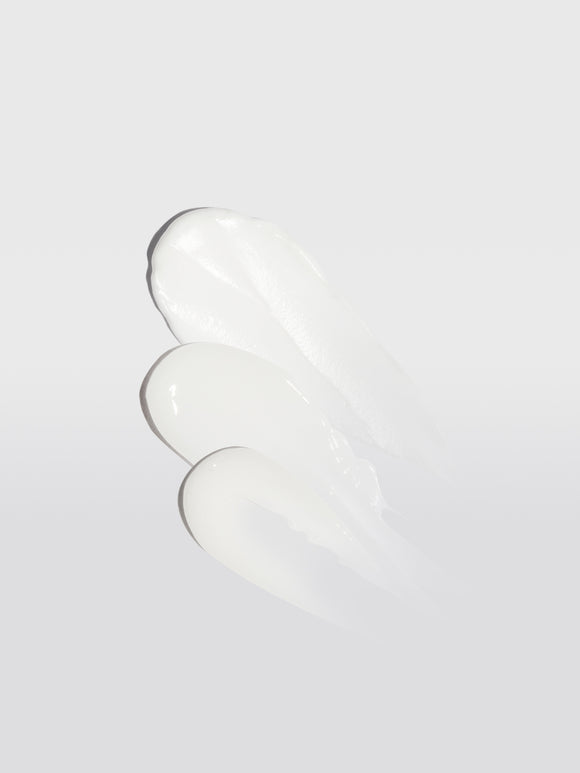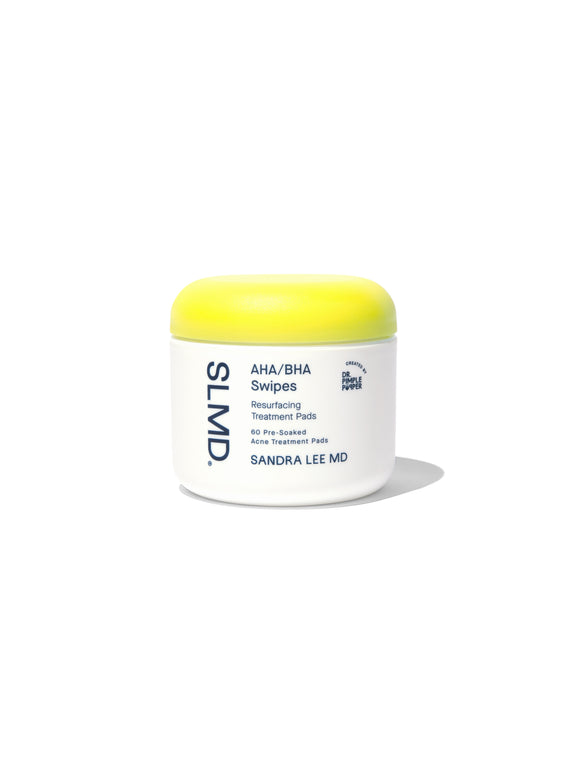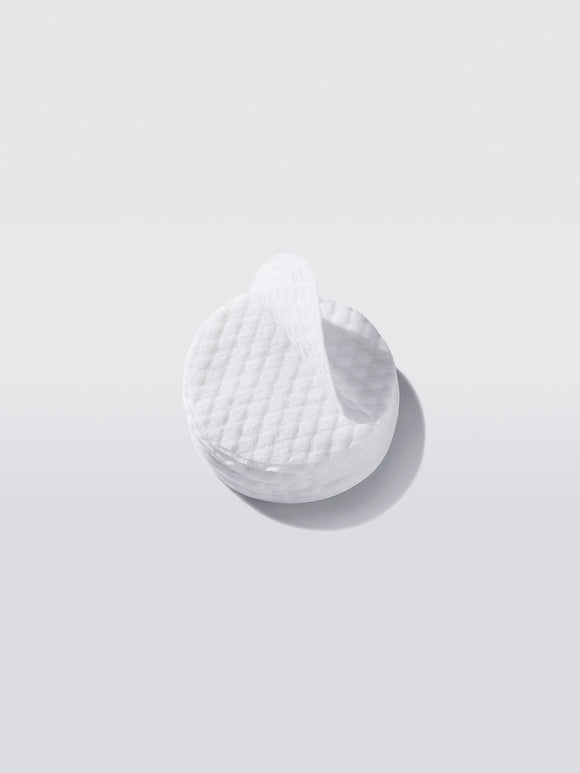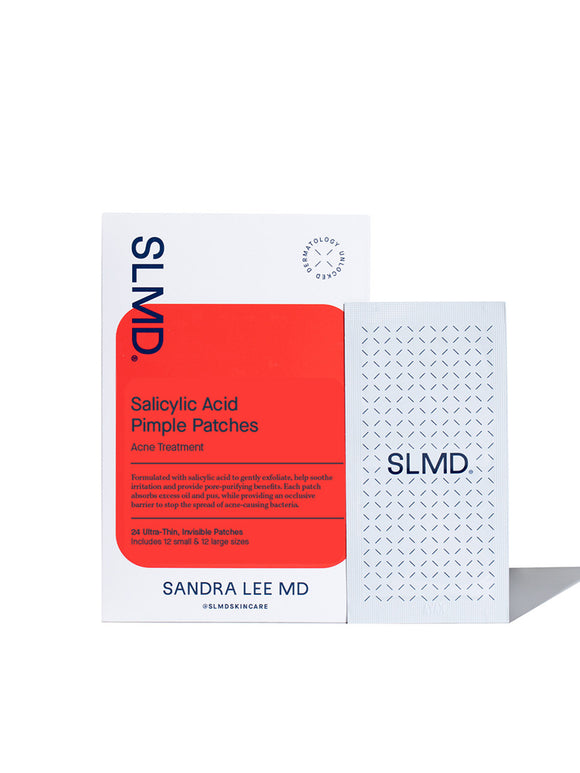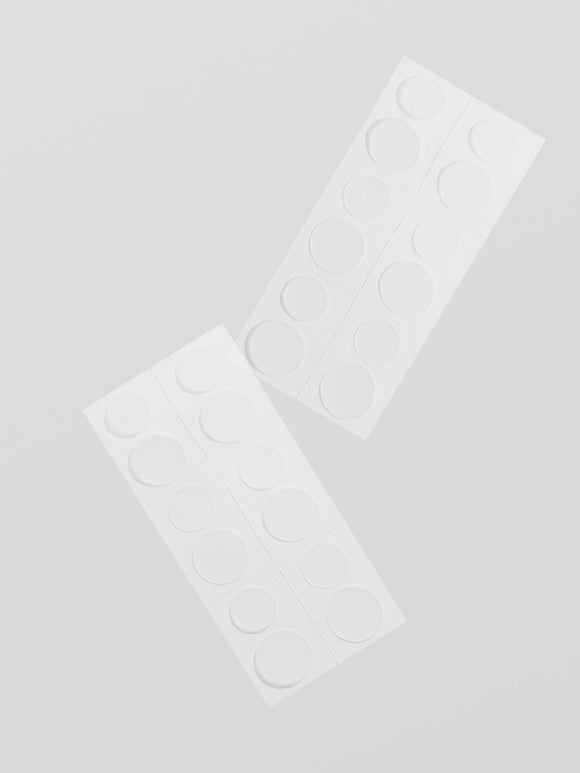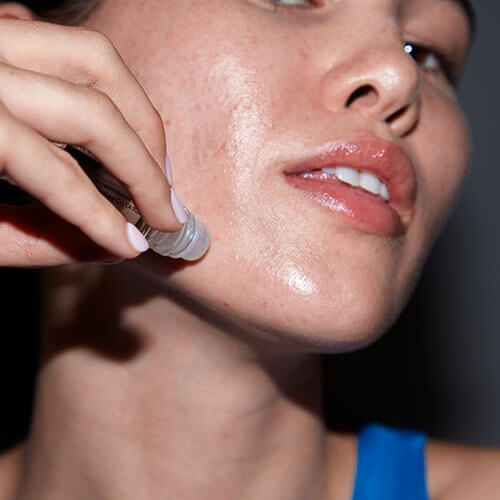
The Best Skincare Routine for Acne: A Dermatologist's Guide
Dr. Pimple Popper shares her recommendations for building a personalized acne regimen.
Published:
6 minute read
Maybe it started out slowly, with just a pimple here and there — but after a while, the breakouts kept coming. And now, it’s official: you’ve got acne.
Dealing with persistent breakouts can be incredibly frustrating, especially when it feels like nothing is working. Building a dermatologist-approved acne routine tailored to your skin type can make all the difference. In this guide, we’ll break down the essentials and provide expert tips from Sandra Lee, MD (aka Dr. Pimple Popper) to help you create the most effective acne routine for your specific needs.
Article Quick Links
Best acne routine for blackheads and whiteheads
Otherwise known as open and closed comedones, blackheads and whiteheads are really just clogged pores. They’re full of dead skin cells and excess sebum that get trapped inside the hair follicle. To prevent them, Dr. Lee recommends focusing on exfoliating and promoting cell turnover. That helps keep dead cells from building up inside the pores. Her favorite ingredients for tackling blackheads and whiteheads include:
- Salicylic acid: a beta hydroxy acid that’s capable of penetrating into pores to break up trapped oil and debris. Try: SLMD Salicylic Acid Cleanser, AHA/BHA Swipes
- Retinol: a vitamin A derivative that regulates the skin cycle and encourages cell turnover. Use it at night after cleansing. Try: SLMD Retinol Resurfacing Serum
Inflammatory acne treatment: the right routine
Red, swollen, and sometimes painful pimples start out as clogged pores. But when C. acnes bacteria starts multiplying inside the hair follicle, it can provoke an immune response. This is why papules, pustules, nodules and cysts are called inflammatory acne. If you’re dealing with this type of acne, introducing antibacterial ingredients into your routine is key:
- Benzoyl peroxide: an oxidizing agent that penetrates into pores and kills acne-causing bacteria. Try: SLMD Benzoyl Peroxide Acne Lotion
- Sulfur: a good choice for those sensitive to BP; this natural mineral helps curb sebum production and C. acnes bacteria.
Dr. Pimple Popper's Acne Routine Essentials
Skin type considerations for your acne routine
Understanding your skin type is crucial when building an acne routine. You know your skin best, but here are some quick tips from Dr. Lee:
- Oily skin: Opt for a salicylic acid cleanser and lightweight, oil-free moisturizers.
- Dry skin: Use a hydrating, gentle cleanser, and moisturize with products containing hyaluronic acid.
- Combination skin: Use a salicylic acid-based cleanser in the T-zone and a mild moisturizer for drier areas.
- Sensitive skin: Avoid harsh exfoliants like scrubs, and stick to gentle, soothing products like sulfur or niacinamide.
Incorporating exfoliation into your acne regimen: tips and frequency
Exfoliating plays a critical role in acne prevention, but it’s important to adjust the frequency based on your skin type, product formulation, and external factors like weather or stress. Here are Dr. Lee’s recommendations:
- Start with a BHA cleanser (salicylic acid): Safe for all skin types. Use a salicylic acid-based cleanser twice daily to keep pores clear and minimize blackheads and whiteheads.
- Incorporate AHAs (alpha hydroxy acids): Safe for most skin types. Once your skin tolerates BHA, introduce glycolic or lactic acid products 2-3 times weekly for additional exfoliation.
- Increase frequency or formula strength based on skin goals: For oily, acne-prone skin. Gradually increase usage or switch to higher concentrations to target deeper acne concerns like hyperpigmentation.
Adding spot treatments: targeting pimples effectively
Spot treatments are ideal for addressing individual pimples or breakouts that pop up suddenly. Here’s how to use them effectively:
- Salicylic acid: Best for early-stage breakouts (blackheads and whiteheads), this BHA helps unclog pores and reduce inflammation. Apply directly to the affected area for targeted action.
- Benzoyl peroxide: Effective for more developed pimples, it works by killing acne-causing bacteria and reducing inflammation. Use sparingly on active pimples to avoid irritation.
- Sulfur: A good alternative for sensitive skin, sulfur helps absorb excess oil and reduce acne-causing bacteria. It can be used as a spot treatment or part of a mask.
Incorporate spot treatments into your routine as needed, and adjust based on how your skin responds to avoid over-drying or irritation.
Dr. Pimple Popper’s expert tips for an effective acne routine
#1 Listen to your skin
Especially if you have inflammatory acne, your skin may be irritated and feel sensitive when you first start using acne products. While it’s important to follow the packaging directions, it’s also essential to pay attention to clues your skin is giving you.
Typical side effects from acne treatments include peeling, mild redness, and dryness. Oftentimes, skin adapts, and these symptoms lessen in time. You can try using the products less frequently and increase as your tolerance allows. But stinging, burning, and swelling are red flags that mean the product isn’t a good fit for your skin — so move on to another solution.
#2 Don’t skip the moisturizer
According to Dr. Lee, this is one of the most common mistakes people make when building their acne routine. And it’s the reason why her SLMD Acne System includes a lightweight moisturizer.
Because excess sebum is a major contributor to breakouts, all acne-fighting ingredients by design can strip oils out of your skin. So it’s important to keep your skin moisturized with a product that’s formulated for acne-prone skin.
Try: SLMD Daily Moisturizer with SPF 15 for day, and Hyaluronic Acid Moisturizer or Facial Moisturizer with Vitamin C for night
#3 Keep spot treatments handy
Targeted acne treatments are ideal for addressing pimples that come up unexpectedly. Try using a salicylic acid spot treatment on areas when acne tends to pop up, like during hormonal breakouts or underneath your mask. Use benzoyl peroxide on pimples that are already formed. If you have a hard time keeping your hands off of your pimples, try a medicated acne patch with salicylic acid.
#4 Stick to your acne regimen
An acne routine only works if you use it consistently, says Dr. Lee. It doesn’t need to be complicated or time-consuming, either. But it can take a few months to see results, so don’t get discouraged. Be kind to yourself, and understand that it’s okay to forget to wash your face before bed once in a while — but be prepared for a morning pimple or two. Just get right back into your routine.
#5 Know when to see a dermatologist
While most people can manage their acne quite successfully with over-the-counter options, some may need to see a dermatologist. If your acne is severe and your skincare isn’t working, or if you’re concerned about scarring, your doctor can help you with prescription medications.
Dr. Pimple Popper answers your acne routine FAQs
Q: How often should I exfoliate with acne-prone skin?
A: For acne-prone skin, start by exfoliating 2-3 times per week using a gentle product like salicylic acid to avoid irritation and over-exfoliation.
Q: Can I use retinol and benzoyl peroxide together?
A: It’s generally best to avoid using retinol and benzoyl peroxide at the same time, as this combination can cause irritation. Instead, use benzoyl peroxide in the morning and retinol at night.
Q: What’s the best way to prevent acne scars?
A: Prevent acne scars by treating inflammatory acne early and avoiding the temptation to pick at pimples. Consistent use of retinol and sunscreen can also help reduce scarring.

Dr. Lee's Last Word
I started SLMD Skincare with my Acne System because I knew that most people could treat their acne at home with the right routine. Listen to your skin, and you can customize it to effectively manage your breakouts.









